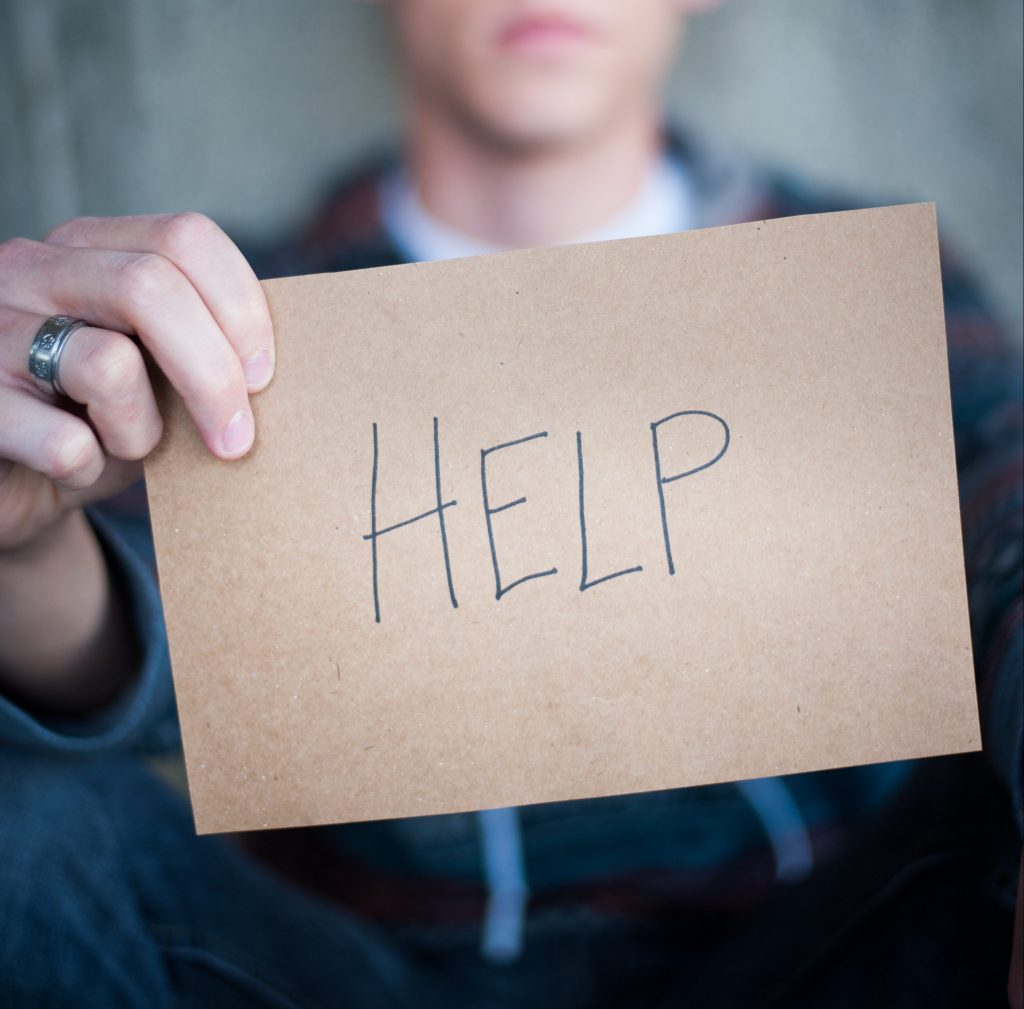
The three-digit number 988 will serve as the National Suicide Prevention Lifeline starting on July 16, a change made to simplify the calling process for someone experiencing a crisis.
When someone dials 988, they get directly routed to their local crisis center based on their area code. At that point, mental health professionals are available to help the caller talk through their crisis and take the next steps to get them help. The former lifeline 1-800-273-8255 will still be in effect.
Although Utah State Sen. Daniel Thatcher first tried running a bill for a three-digit crisis line in the 2014 Utah legislative session, the creation of this hotline can also be traced back to Utah when Sen. Thatcher and State Rep. Steve Eliason sponsored a bill in 2021 to implement the 988 number in the state of Utah. The hotline has now become a nationwide development after efforts from mental health advocates, lawmakers in Congress, the Federal Communications Commission and the telecommunications industry, according to the Associated Press.
“We all know that if I’m in an emergency, if I got into a car accident or there’s a fire, I call 911,” said Taryn Hiatt, area director for the Utah chapter of the American Foundation for Suicide Prevention. “So we needed to create a three-digit number, easy to remember, that can funnel people to services for mental health.”
Hiatt explained how the American Foundation for Suicide Prevention in Utah has helped create crisis receiving centers available for people who need immediate help when going through mental health crises.
“A crisis receiving center is kind of like a mental health emergency room,” Hiatt said. “So if people are in crisis, rather than having to go to an emergency room and be put in a gown, you go to a nice living room setting where you talk with a mental health professional. They can identify what you need, what next steps are and get you to help and support.”
For individuals who need immediate help sent to them, Utah also has Mobile Crisis Outreach Teams. Instead of calling 911 and being met with an ambulance and flashing lights when having a mental health crisis, an unmarked car with a mental health professional arrives to offer support and help with the following steps.
Suicide is a leading cause of death in the U.S., especially for college students. Several young adults experience their first signs of anxiety or depression in college as a result of transitioning from living at home to being on their own.
“It’s a huge transition time,” said Scott Taylor, director of crisis and intensive services at Wasatch Behavioral Health. “It brings all kinds of challenges with maybe not as many supports as they had when they were living at home. Anyone can get overwhelmed, and it can freak people out when they don’t know what to do.”
The 988 hotline is available to anyone for any type of mental health concern. “If someone is dealing with a panic attack, they’re feeling suicidal, they’re confused, they’re worried, maybe they just don’t feel like life is worthwhile, that’s the number to call,” Taylor said.
According to Katherine Rhodes, behavioral health coordinator with the Utah Association of Counties, there are 12 local mental health authorities in Utah. However, only three of those have crisis receiving centers, with four more founded and in the process of being built. Their services are free for those in crisis with no insurance needed.
Rhodes, a 2013 BYU graduate, told The Daily Universe she was one of the five originators of the 988 suicide hotline line idea along with Sen. Thatcher. She now works as director of the state’s behavioral health committee, which is comprised of the 12 mental health authorities statewide.
Another resource available specifically to BYU students is Counseling and Psychological Services on campus. Students can find this office at 1500 Wilkinson Student Center, open from 8 a.m. to 4 p.m. and immediately talk to a mental health professional. If a student needs help after hours, they can call 801-422-3035 to talk to a BYU-provided counselor. CAPS also offers consultation visits for those who want to schedule time to talk about their struggles.
Phillip Rash, the outreach coordinator for CAPS, stressed the importance of students knowing there is help available for them.
“There are options,” Rash said. “988 is one of them. There are people who will listen, who will care, who are trained, who can help them through their crisis, and there are many of them.”
Laura Oaks, manager over the receiving center and the Mobile Crisis Outreach Team at Wasatch Behavioral Health, said individuals can call 988 and reach out for help even when they are not in immediate crisis.
“A crisis can be whatever it is for the person: marital problems, trying to keep anxiety under control,” Oaks said. “You can call the line and talk to someone about those things so you don’t get to a place where you are feeling suicidal.”
“If you’re struggling, you do not have to go through that struggle by yourself,” Hiatt said. “There is no shame in seeking help.”
If you are concerned about someone you know feeling suicidal, know the warning signs and do not hesitate to call 988 for help.
—
Editor’s note: This is an edited and updated version of the original article, which was first published on July 12.




